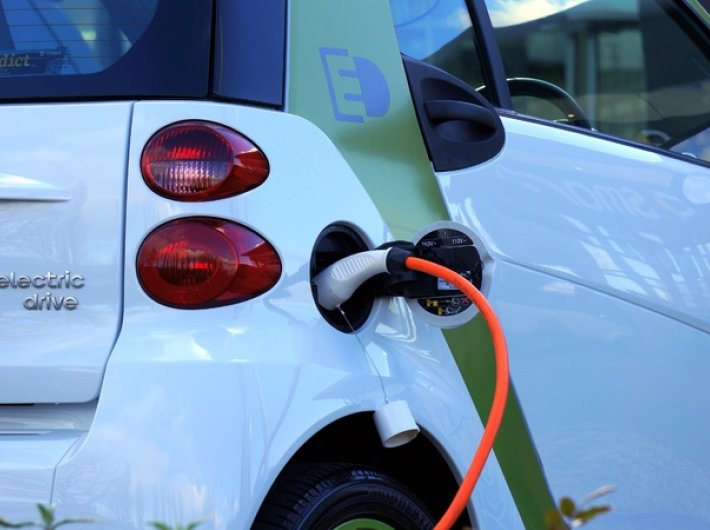India is the fifth-largest automotive market in the world and will have about 400 million customers in need of mobility solutions by 2030. With the government emphasizing an accelerated transition to EV and providing lucrative benefits for companies and customers alike, the Indian electric mobility demands have grown.
With more than 16 million units sold in 2021, India is the world’s largest two-wheeler market. India is still young and rapidly urbanizing. There is a heavy influx of citizens into cities from rural areas. Along with this, the Indian populous is getting more conscious of the world they live in owing to the increase in literacy rates over the past decade. According to Census 2011, India managed to achieve a literacy rate of 74.04% as opposed to 64.80% in 2001. In addition to this, 28% of the population in India (which is middle class), accounts for 70% of total consumer spending. In a market where the end consumer is aware, value-conscious, and riddled with options, EVs thrive. They are not only cost-effective but also low maintenance and they help India achieve its target of 500 gigawatts of non-fossil fuel capacity by 2030.
Going ‘electric’ is not just a talk of the distant future anymore. The Indian electric mobility market has a lot of potential for development. It will be driven by innovative companies and the government. The push will come from the versatility of use-cases and the improving dynamics of electric mobility. The government of India aims to reduce oil imports and air pollution, carmakers are trying to get an upper hand on new automotive technologies. This is partially due to overburdened ecosystems, infrastructure shortcomings and versatility in customer expectations, and the cost of electric mobility. The government has come out with ample subsidies and incentives to nudge car-makers as well as citizens to go electric. From reducing the GST on cars from 12% to 5%, approving the Product Linked Incentive (PLI) scheme to launching the Fame 2 subsidy providing citizens up to 40% and announcing that green license plates be exempted from permit requirements, the government has been successful in promoting EVs because a study by Arthur D. Little stated that by 2030, over 30% of vehicles sold in India will be electric.
The charging ecosystem is the backbone of any electric vehicle. India is picking up the pace in setting up the charging infra and swiftly catching up to the likes of the West. This would require a cumulative investment of over US$180 billion in vehicle production and charging infrastructure. Growth in the EV sector will have a significant impact on manufacturing facilities and related real estate ventures.
In addition, the growing price of fossil fuels is compelling Indian commuters to opt for an alternative fuel, i.e., electric. On average, the cost per kilometre is just 7-8% in the case of electric vehicles as compared to ICE vehicles. Advancements in battery technology and lithium-ion battery price reductions are expected to shape the future for EVs over the projected period. Better batteries with higher output capacities, new chemistries to make it safer and eliminate range anxiety, superior drive-train for better pick-up power and durability, etc. are just some of the exciting advances to expect. A trend in the YoY price reduction on lithium batteries will surely contribute greatly to this sector. Similarly, the electric vehicle battery price is expected to fall from 40% to 30% in the coming five years. Not to mention the cost of maintenance. Electric scooters do not have nearly as many moving parts as their fossil-fuelled competitors, which minimizes wear and tear allowing for them to be low-maintenance.
Studies show that in over a year, just one electric car on the roads can save an average of 1.5 million grams of CO2. This makes the air cleaner, reduces noise pollution, and creates a greener tomorrow for everyone. India is on the cusp of a transition to a greener future and the government is working towards a sustainable infrastructure so the Indian EV market can become as big as USD 30 billion in the next 10 years.
Nishchal Chaudhary is Founder, Batt:RE.
